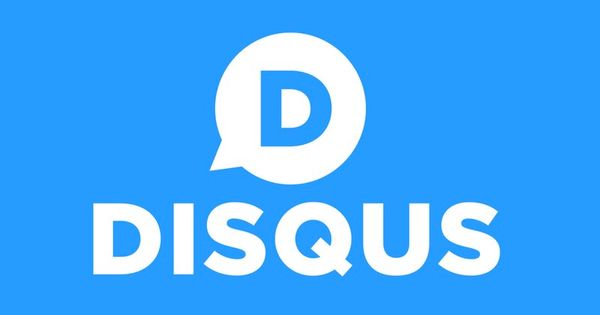Disqus reveals data breach, but wins points for transparency

Disqus has publicly announced that its user database leaked in 2012, exposing the usernames, email addresses, sign-up dates, and last login dates of more than 17 million users.
In addition, the data included crackable SHA1-hashed passwords of “about one-third” of users. Presumably many accounts registered with the popular blog-commenting service do not have associated passwords due to many users signing-in using third-party social media accounts such as Google or Facebook.
Quite how the security breach occurred is currently a mystery, and – frankly – despite their good intentions, Disqus may find it difficult to pinpoint exactly what happened five years after the event.
But what is clear is that once again some users could be learning the important lesson to never reuse passwords. As we’ve explained on Hot for Security many times before, one of the biggest mistakes you can make online is to use the same password on different websites. Password reuse opens opportunities for criminals who grab your password from one hacked website to use that same password to unlock your other online accounts.
In short, a hacker may have little interest in breaking into your Disqus account, but may find it very tempting to use those same credentials to log into, for instance, your email account.
At the end of 2012 Disqus says it enhanced its security, upgrading its password hashing algorithm from SHA1 (which is no longer considered secure) to the more highly-regarded bcrypt.
The good news is that San Francisco-based Disqus isn’t being complacent about the data breach – taking less than 24 hours after being informed of the breach to begin contacting affected users and resetting passwords.
Some have criticised the firm for “going public” late on a Friday, accusing Disqus of trying to bury bad news, but seeing as it was only first informed of the breach by HaveIBeenPwned’s Troy Hunt 24 hours earlier, it’s hard to imagine how they might have notified affected users earlier… or would the media have preferred if the hacked company had waited until the following week to share their bad news?
No doubt users will be relieved to read in the advisory that Disqus says it has found no evidence of unauthorised access to user accounts, and recommends users change shared passwords on other sites as well.
Furthermore, because millions of users’ email addresses have also been breached there is also the potential for online criminals to send spam or launch phishing attacks. Again, Disqus has included a warning about this in its advisory.
You certainly get the feeling that Disqus has taken the problem seriously, and is working hard to ensure that users don’t feel left in the dark about the breach. Links to its security alert can be found on user homepages and on the main page of disqus.com itself.
Of course, nobody wants their data to fall into the hands of hackers – but Disqus’s level of transparency and the speed with which it has taken action after being informed of the breach should be applauded.
tags
Author
Graham Cluley is an award-winning security blogger, researcher and public speaker. He has been working in the computer security industry since the early 1990s.
View all postsRight now Top posts
How to Protect Your WhatsApp from Hackers and Scammers – 8 Key Settings and Best Practices
April 03, 2025
Outpacing Cyberthreats: Bitdefender Together with Scuderia Ferrari HP in 2025
March 12, 2025
Streamjacking Scams On YouTube Leverage CS2 Pro Player Championships to Defraud Gamers
February 20, 2025
How to Identify and Protect Yourself from Gaming Laptop Scams
February 11, 2025
FOLLOW US ON SOCIAL MEDIA
You might also like
Bookmarks








